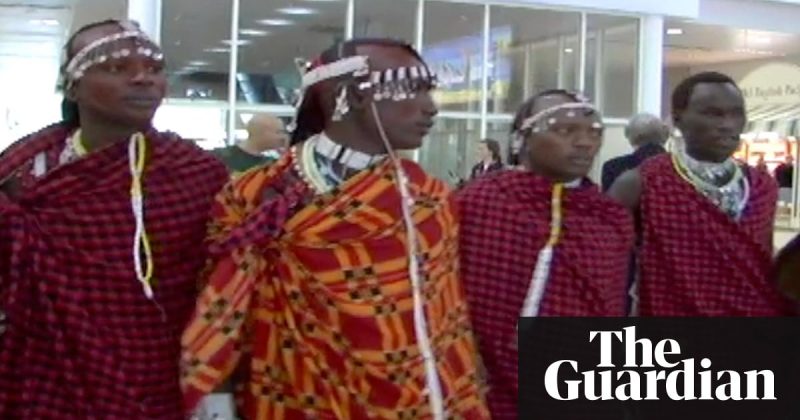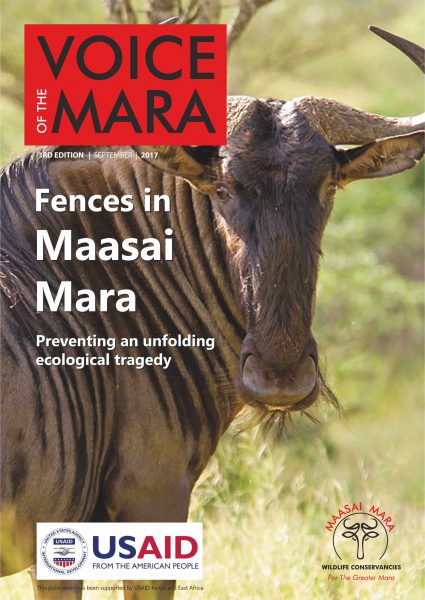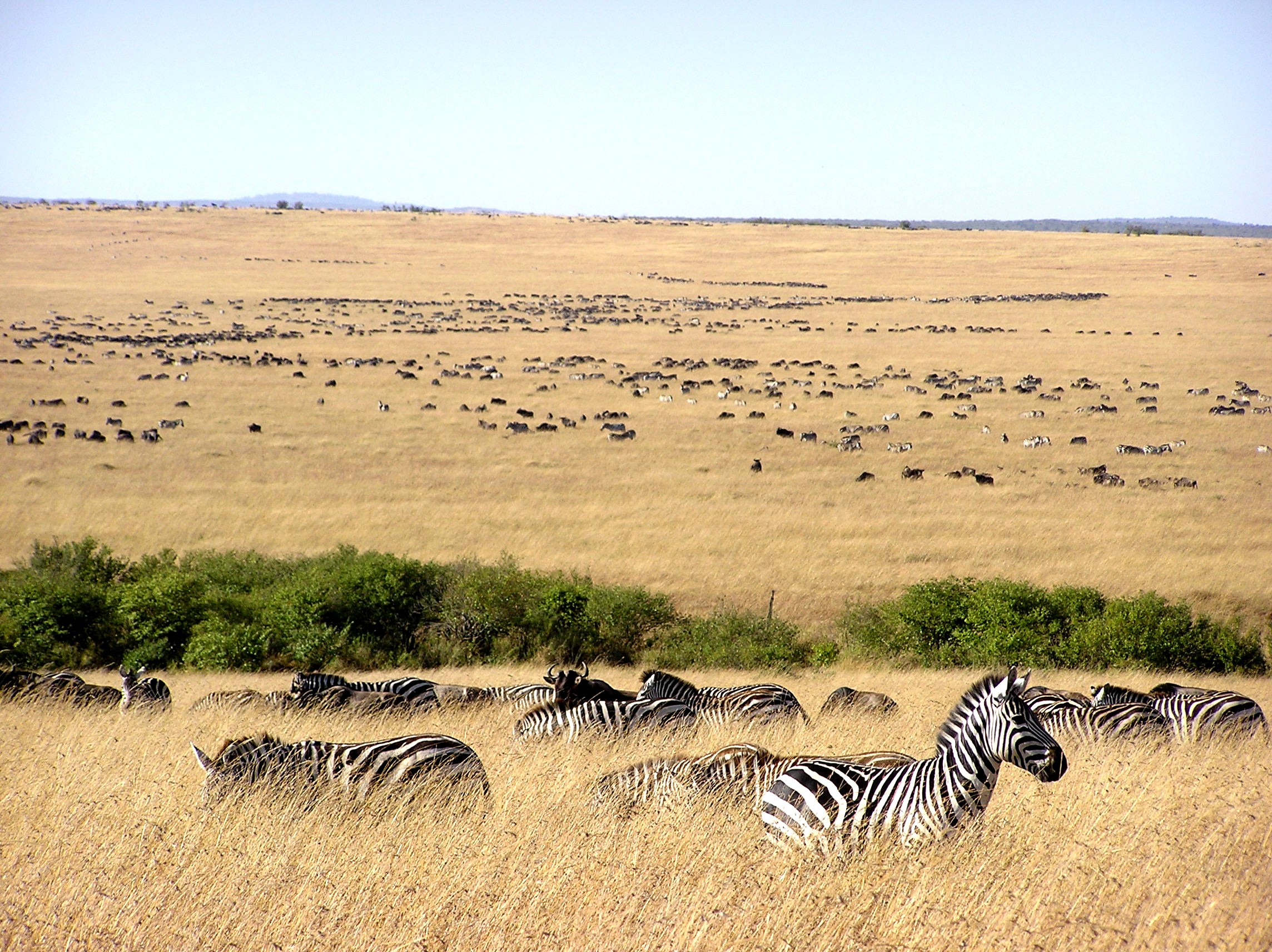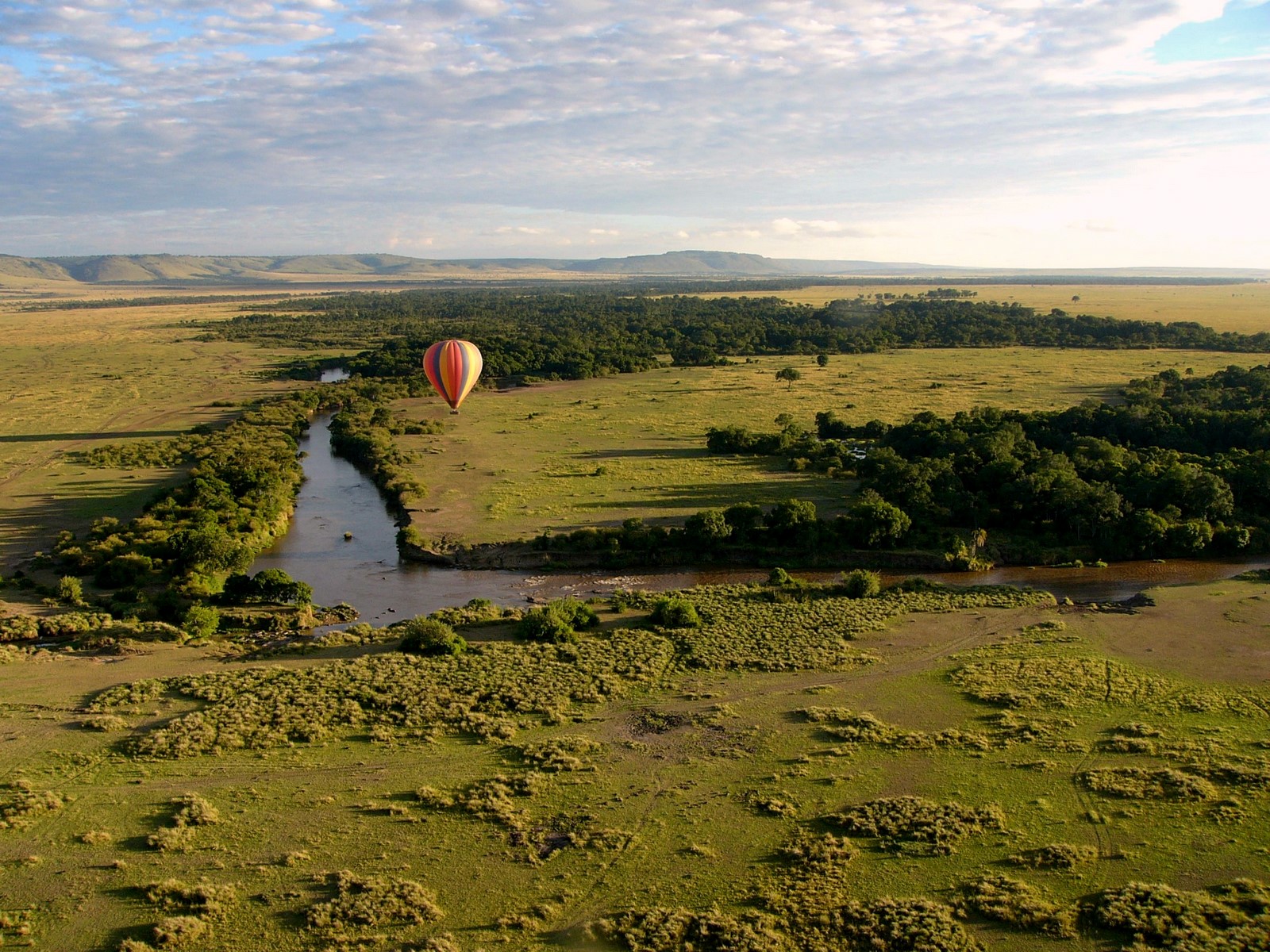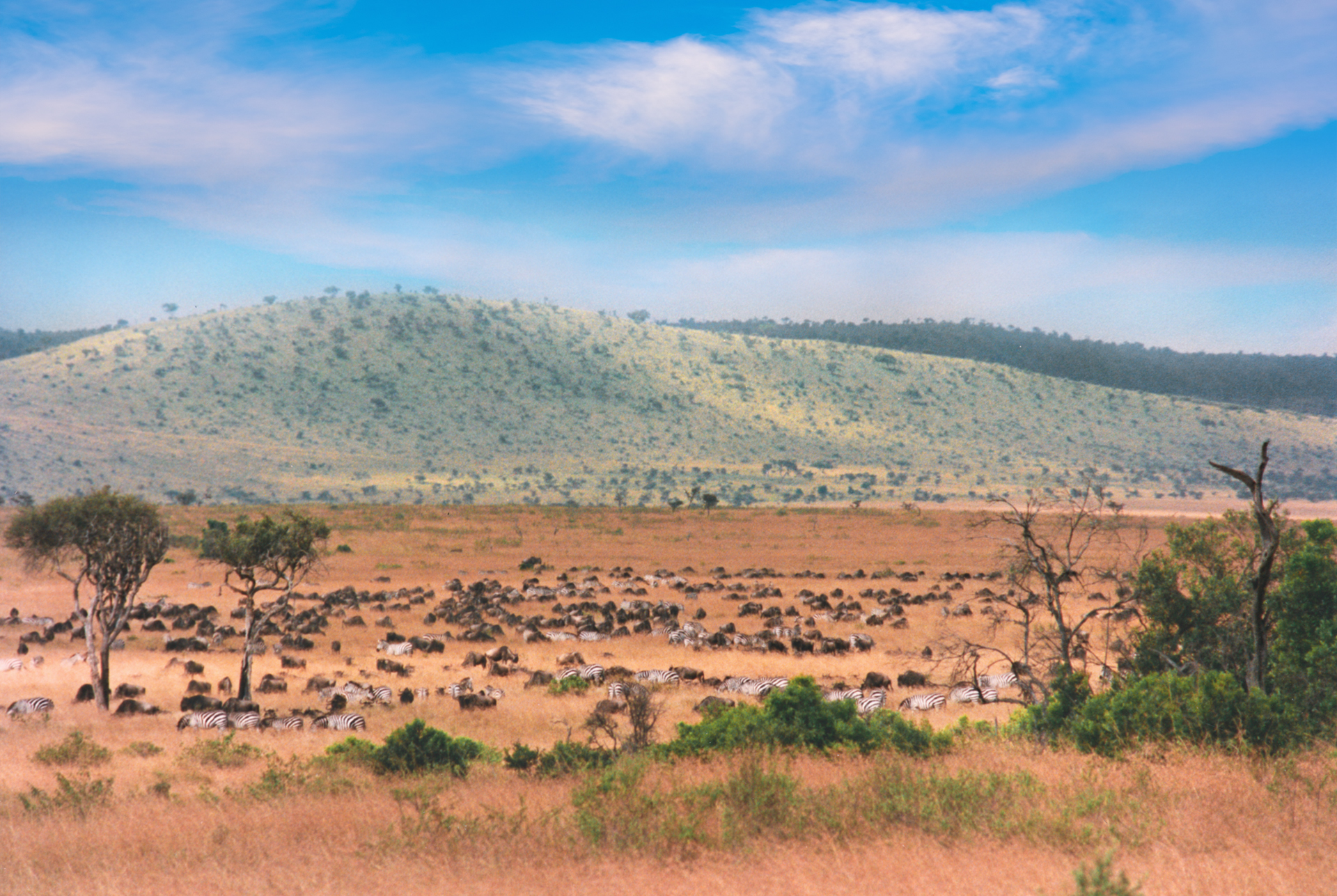Challenges Faced By Maasai Cattle Herders
Grabbing of land
Maasais are known for always flouting global borders as they graze their cattle across the open bush along the Kenya-Tanzania border. Consequently, this dare devil stance and cool manner have led to the gushing notion that they are living at peace with nature. For many Westerners, the fierce, proud, handsome, tall, and graceful of bearing Maasais are the noble savage of Hollywood. But, the grazing lands of the Maasais and their land expansion have very much reduced in recent times. The state of Kenya took large chunks to create game reserves, private ranches, and farms, wildlife parks or hunting trades. That is to say, Kenya reckons that Maasais keep too much cattle. One threat came from game hunters in northern Tanzania. Here, they burnt villages and evicted thousands in a brutal manner to provide a company with more land for game hunting. They only left the least fertile and the driest areas for the Maasais.
Felt left out
Restricted access to land uses hurdles their old ways. Droughts have made the spot worse. The Maasais who have been living with the land for hundreds of years feel left out of the deal. The government did not consult them. Hence, they have asked for grazing rights for their cattle in the nearby pasture land. But it seems like their requests have fallen on deaf ears.
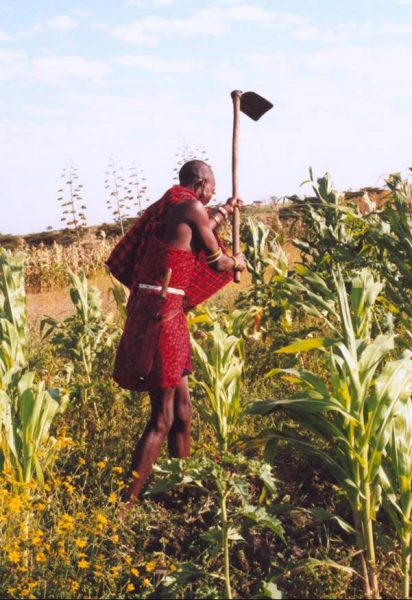
Those who live near crop farmers have started cultivation as their secondary mode of subsistence. Source Credit: IGERT
Mode of life
Despite the changes brought on by the state intervention, they keep having many cows. The plot sizes in the areas are not big enough to graze herds of beasts. So, less land and more cattle have led to over grazing which in turn have caused green ruin and erosion. This has forced them to resort to farming. As a result, more of them recently have grown dependent on other food products such as maize meal, potatoes, rice, and cabbage. Those who live near crop farmers have started cultivation as their secondary mode of subsistence despite the fact that traditionally, Maasais considered farming a sacrilege.
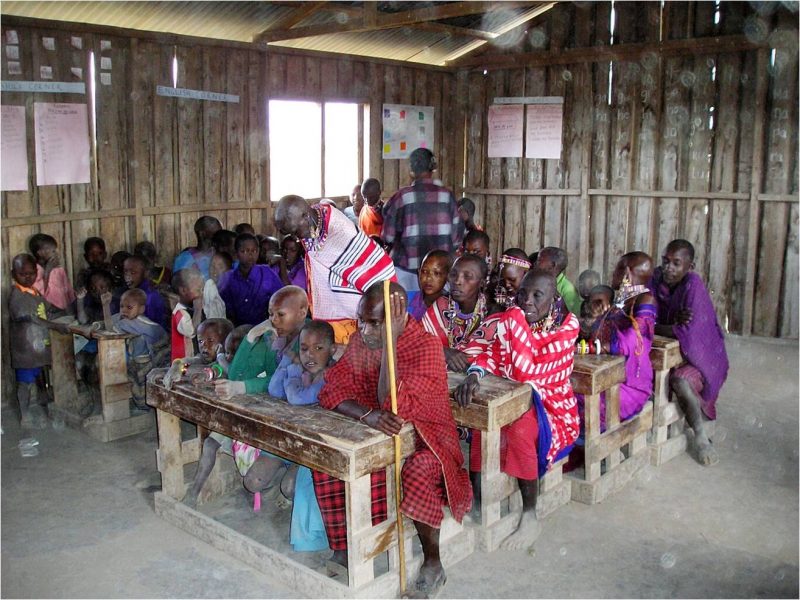
There is an underlying fear among the Maasais of losing their children to Western schooling. Senior Maasais see few possible rewards for it and therefore little reason for formal schooling. Source Credit: MERC
Education is necessary
Since Kenya’s independence, the school participation rates have climbed dramatically. The increase is because of less and less security and faith in their traditional livelihood. Maasais now have grown to rely more and more on cultivation as their secondary mode of subsistence. Therefore, modern education has become a necessity not only for survival but also to remain competitive. However, senior Maasais see few possible rewards for it and therefore little reason for formal schooling. Hence, academic studies were of use only to those involved in religion, politics, or agriculture. There is an underlying fear among the Maasais of losing their children to Western schooling.
Out of village
Education is never to be feared. See what happened to a young Maasai man when the system afforded him the best education. The outlook of the whole community changed. Following the terrorist attack on the twin towers in America, a Maasai by the name of Kimeli Naiyomah who went to Stanford University rallied up the elders and members of his community. He narrated to them the events for the first time of the attacks which killed 3,000 innocent people. He described to them the massive fires and the pitiful sight of people jumping from skyscrapers. For many, the skyscraper was an enigma.
Horizon is widened
The community donated 14 heads of prized cattle to the Americans as a gesture of sympathy and compassion for the pain they were going through for their lost loved ones. The animals were handed over to the deputy head of the American Embassy in Kenya in a village near the Tanzanian border. At the ceremony, there were Maasais in traditional red robes and jewelry. The gift touched the hearts of many Americans with its honest simplicity. The American Embassy reciprocated by donating 14 scholarships to needy youth in the community. With Maasai women thumping up and down and cowbells jangling, the reciprocation ceremony ended. America today supports various projects within the Maasai community.
Maasais face challenges
The Maasais are considered to be typical cattle herders of Africa. Population growth, development strategies, and a shortage of land have declined cattle raising. However, for many traditional Maasais, cattle are still the breath of life. Adaptation to rapid economic and social change is the greatest challenge the Maasais face. Increased land encroachment threatens their traditional way of life. Sooner or later they would have to come to terms with integrating into the modern economies and political systems. As a result of the challenges faced by the Maasai, there are many support groups. Non-governmental organizations work in collaboration with these groups to implement sustainable solutions for education, survival, and growth through empowering Maasais and building upon their existing economic and cultural context.
5 Frequently Asked Questions About The Maasai tribe
To book a safari in Maasai Mara, please fill out the following form or simply email us on safaris@safari-center.com

